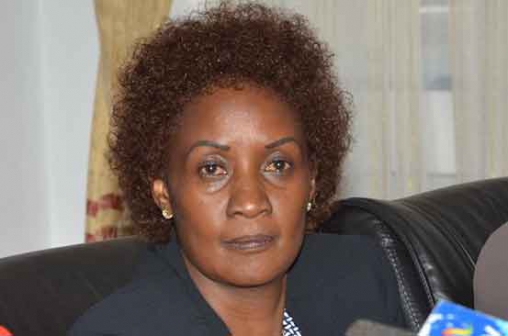×
The Standard e-Paper
Kenya’s Boldest Voice

Discipline cases involving teachers will now take shorter time to conclude and the affected will be allowed to bring witnesses to support their cases.
The Teachers Service Commission (TSC) has released new guidelines on discipline cases that also assigned roles to deputy county directors and sub-county directors.